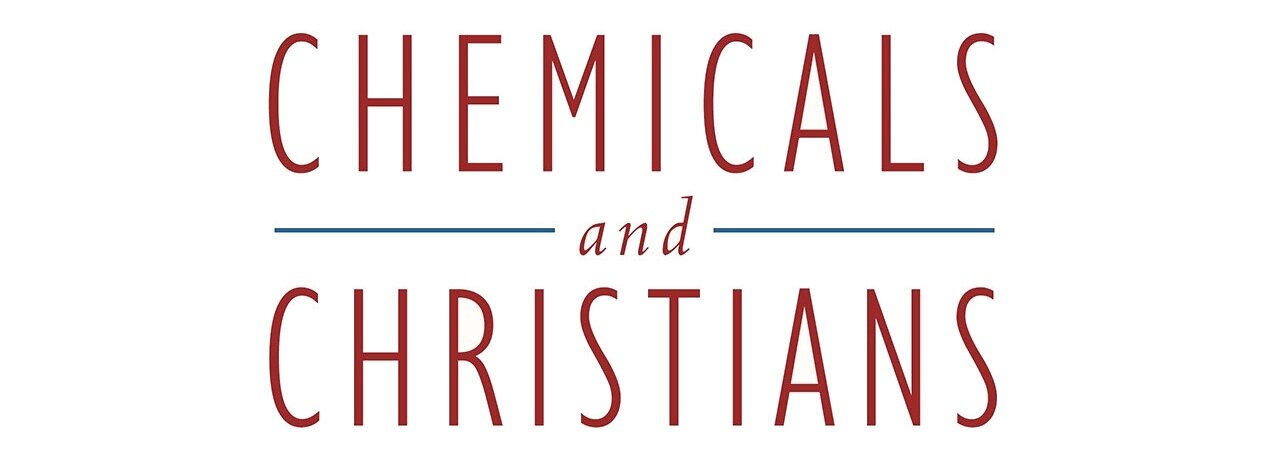I've come to love the Biblical book of Job and I re-read it often. Job experienced a great deal of loss and suffering, including a painful medical condition The Bible tells us that Job was "blameless and upright," but his friends believed (and expressed their belief) that those who live godly lives are protected from harm and that Job's struggles were therefore related to personal sin.
This week I noticed a verse I had never really focused on before. In Job 10:15, Job says, "If I am guilty—woe to me! Even if I am innocent, I cannot lift my head, for I am full of shame and drowned in my affliction."
Full of shame -- it's an illogical but common emotion among the chronically ill. There are a number of reasons for this, including the following:
* Pride is deep-rooted in the human psyche. Pride says, "I am capable and I don't need help from anyone." Illness says, "You aren't as strong as you think you are or that you'd like to be."
* The American culture has traditionally emphasized self-reliance and hard work. Stories of self-made men and women who pulled themselves up by their bootstraps are a part of our heritage and national character. Cultures define success in different ways. There are societies that value those who live their lives in solitude and contemplation. Ours puts a high value on tangible, material gains achieved through blood, sweat and tears. When illness keeps us from living up to our culture's standards, the sense of failure can be deep.
* The self-determinism that defines our world fuels an unspoken message that all sickness can be overcome and that failure to do so is a personal deficiency. This message is communicated in many ways. Get-well cards are a prime example. I'm sure that the messages people are trying to communicate when they send the cards include things like “I care about you," "I'm sorry you're ill," and "I hope you don't suffer much." That's not what the cards usually actually say, though. They say "Get well." That's an imperative -- an order. They seem to imply that healing is within your control and that if you don't get well soon it is somehow your fault.
* The Christian community can take that idea, magnify it exponentially, and attach spiritual significance to it. Some churches and denominations are very open about their theology that full earthly healing of all diseases is available to anyone who requests it and has enough faith. Some churches don't claim to believe that, but church members can manage to communicate that message anyway. Any ill Christian who ever listens to Christian radio, watches Christian television or webcasts, or communicates with other Christians online gets this message. Believe me, we get this message and it affects us deeply.
Condemning those who are ill certainly doesn't help ease the suffering. It compounds it and makes people afraid to express their needs. Job 42 tells us that God was angry with Job's friends and called their words and attitudes "folly." Let's try not to imitate them.


